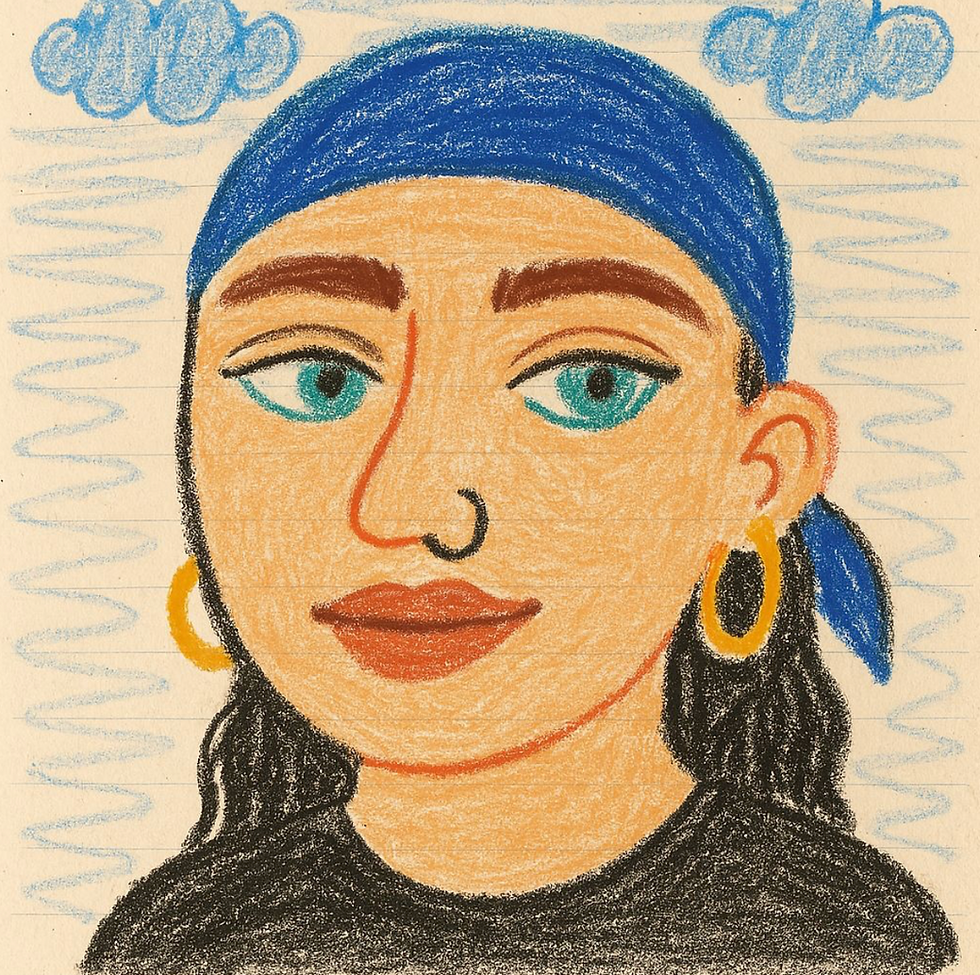From Fear to Curiosity: A Reflection on AI and Therapy
- A Homa Trainee
- Aug 6, 2025
- 3 min read

I recently attended a powerful BAATN (Black, Africian and Asian Therapy Network) talk led by Umaa Thampu, titled "Can We Move from Fear to Excitement: Exploring AI's Impact?"
As a trainee therapist at HOMA, it felt timely, urgent, and deeply relevant to the work we’re training for.
We are in the infancy stage of AI. Think of it as the Nokia 3310 era of mobile phones is what Umaa mentioned. What’s coming next will be beyond what many of us are prepared for.
Remember when Tupac’s hologram appeared at Coachella in 2012? That was over a decade ago. How we went from CD’s to digital music and supermarkets the growth in self serving on the self checkouts. Technology is moving at lightning speed. But who’s watching over it? The answer is no one.
Here’s what stood out and stuck with me:
Facebook has over 3 billion users, Europe’s population? Roughly 750 million. That means Facebook hosts four times more people than Europe. So, who governs these digital spaces? No one, aside from the very few rules brought in by some countries.
Digital currency is coming. What happens when clients want to pay us in crypto? It was originally created to give power to the people, but that potential has been shut down.
Virtual partners already exist, powered by AI and available on demand. What will that mean for intimacy, connection, and the therapeutic bond?
Could we upload ourselves online and have a 24/7 virtual version of “us” offering therapy while we sleep? Making money while we sleep?
It sounds far-fetched until you hear that someone trained an AI model on everything Esther Perel had ever said publicly, uploaded this ‘data’. It began offering sessions in her voice without her knowledge or consent. She spoke about this in a TED Talk.
Most of the world’s data centres are located in a handful of countries like the US, Ireland, the Netherlands, and Singapore. These massive digital infrastructures require enormous amounts of energy and water to keep running, often relying on non-renewable sources. This raises serious environmental concerns.
The environmental impact affects the Global Majority. Many of these communities face the consequences of climate change and resource scarcity driven by energy-intensive technologies they have little control over. Meanwhile, the benefits and profits from this digital infrastructure largely flow to wealthy corporations and nations, no prizes for guessing who is running these….
This mirrors patterns of colonialism where power, resources, and decision-making are concentrated in a few hands while many bear the cost.
So we have to ask:
What’s entering our therapy spaces, uninvited?
What are the ethical and relational costs of AI speaking as us when it’s not us?
Could this be passive income or are we giving away parts of ourselves we can never get back?
As therapists from the Global Majority, we’re often invited into the conversation after the decisions have been made. But this time, we need to be at the table early!!!
This post isn’t offering answers. It’s an invitation.
What do we want AI to do and what do we absolutely not want it touching?
Let’s decide before someone else does.
Shabana
This reflection was written with some support from AI in structuring and polishing, but the insights, examples, and voice are entirely my own. The childlike drawing of me was delivered by AI in seconds with a prompt of ‘draw me as my children would’. Pretty impressive, but my children have created less glamorous drawings of me.



Comments